Search Results for:
Skip to resultsCan’t find what you’re looking for? Visit our FAQ page.
113,004+ results for:
-
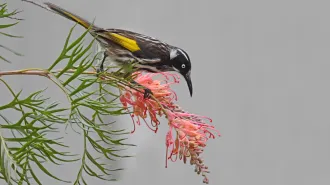 Animals
AnimalsHere’s how honeyeaters and other birds thrive on sugary diets
Birds that feed on nectar or fruit evolved better mechanisms for managing metabolism, blood pressure and high glucose.
-
 Anthropology
AnthropologyMosquitoes began biting humans more than a million years ago
A DNA analysis suggests mosquitoes shifted from nonhuman primates to early humans nearly 2 million years ago.
By Tom Metcalfe -
 Health & Medicine
Health & MedicineCan you trust the results from gut microbiome tests? Maybe not
Seven firms reported inconsistent results on the same sample, some over multiple tests. These gut microbe discrepancies could have health consequences.
- Animals
Climate change could threaten monarch mass migration
Suitable milkweed habitat in Mexico may shift south, fracturing existing migration routes and possibly pushing some butterflies to stay put.
-
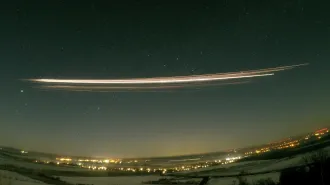 Earth
EarthMetal pollution from a rocket reentry detected for the first time
Direct detection of lithium from a SpaceX rocket reentry offers new evidence that metal pollution from space debris could threaten the ozone layer.
By Adam Mann -
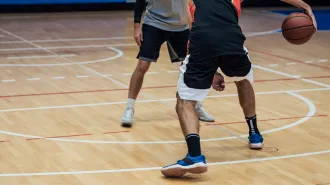 Physics
PhysicsHere’s why sneakers squeak on the basketball court
Tiny, repeating detachments between sole and floor — thousands of times a second — create the distinctive squeak heard on the court, data show.
-
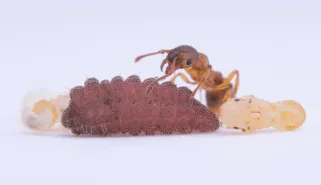 Animals
AnimalsKeeping a beat wins caterpillars friends in low places
Finding a caterpillar with rhythm was “mind-blowing,” suggesting it might be a more widespread part of animal communication than thought.
By Jake Buehler -
 Life
LifeAn African monkey ate a rope squirrel and came down with mpox
Fecal analyses and necropsies suggest a fire-footed rope squirrel was the source of a 2023 mpox outbreak among sooty mangabeys in Côte d’Ivoire.
-
 Animals
AnimalsIntricate silk helps net-casting spiders ensnare prey in webs
Rufous net-casting spiders can tune the stiffness and elasticity of their webs thanks to loops of silk, scanning electron microscope images reveal.
-
 Health & Medicine
Health & MedicineA lab on wheels is tracking HIV spread in war-torn Ukraine
During a test drive, the mobile lab van uncovered a drug-resistant HIV strain that sprung up after the ongoing war with Russia started.
By Kamal Nahas -
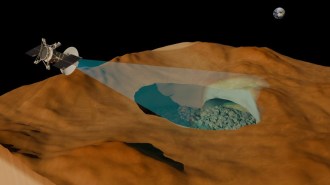 Planetary Science
Planetary ScienceVenus has a massive lava tube
A collapsed lava tube detected in 30-year-old radar data from Venus may be part of a much wider network of underground caves.
By Tom Metcalfe -
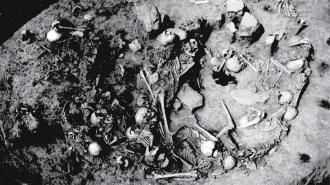 Archaeology
ArchaeologyIron Age mass grave may hold unusual victims: mostly women and children
A land dispute may have led to the massacre 3,000 years ago, suggesting Europe’s transition to farming wasn’t always peaceful.
By Tom Metcalfe